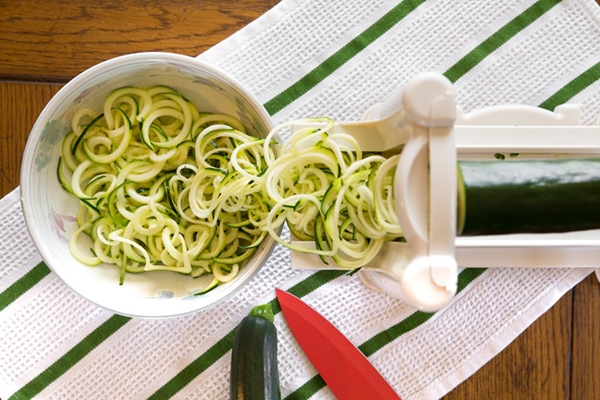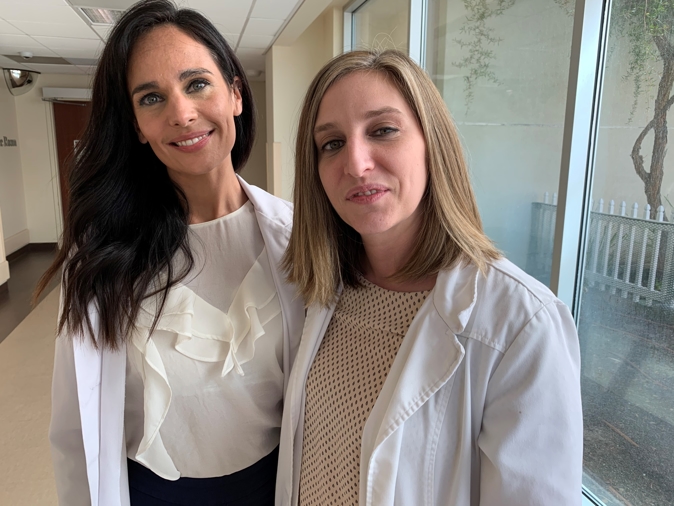Essential vitamins and minerals to incorporate in your diet
Mar 6, 2019

Little things can make a big difference. Take vitamins and minerals for example – they may be tiny, but they pack a powerful punch when it comes to your overall health and body function. In fact, vitamins and minerals support many areas of health and can serve multiple functions. It’s ideal to get these essential nutrients from natural sources such as the food you eat, but sometimes a daily supplement might be necessary to boost intake of certain vitamins and minerals.
Here are a few vitamins and minerals that are essential to good health, and some suggestions on where to find them in your diet:
Vitamin A– Supports your immune system, prevents age-related eyesight decline and is linked to overall growth and bone development.
What to eat: Dairy products as well as green or orange vegetables and fruits such as spinach, broccoli, carrots, apricots and mangoes.
B Vitamins– This is a group of eight vitamins, often called the B-complex, which includes B1, B2, B9 and B12. B vitamins support healthy metabolism, energy levels and can even have a positive effect on your mood.
What to eat: Eggs, bananas and dark leafy vegetables like spinach and whole grains.
Vitamin C– Restores and repairs body tissues and blood vessels with hard-working antioxidants. Your body also uses vitamin C to help with the absorption of iron.
What to eat: Oranges, grapefruits, broccoli and kiwi.
Vitamin D– You can also get this vitamin from the sun! Vitamin D is vital in promoting bone health and growth. Vitamin D deficiency has been linked to several types of cancer and depression.
What to eat: Eggs, cheese and some fortified foods such as cereal, milk and juices.
Vitamin E– Another great skin-protecting antioxidant, vitamin E also supports brain, vision, blood and reproductive health.
What to eat: Olive oil, peanuts or peanut butter, almonds and leafy greens.
Calcium– We all know calcium is necessary for strong teeth and bones, but did you know it can also help your blood to clot and even supports heart health?
What to eat: Dairy, dark leafy greens like kale or broccoli and almonds.
Folic Acid– This is the synthetic form of folate (B9), which supports proper growth and development as well as nerve and brain function. This is particularly vital for women who are pregnant as it greatly impacts fetus health.
What to eat: Folic acid is the synthetic version of vitamin B9. Foods that are high in B9 include avocado, banana, eggs, brussels sprouts and dark leafy greens like spinach or asparagus.
Iron– Red blood cells love iron and they use it to help transport oxygen to your vital organs and other tissues that keep your body running smoothly.
What to eat: Kidney beans, nuts, peas, baked potatoes, tofu and fortified foods such as cereal and bread.
Zinc– This trace element supports a healthy immune system and is imperative for proper growth and healing.
What to eat: Legumes (beans, lentils and chickpeas), seeds, diary, eggs, nuts and whole grains.
These vitamins and minerals are essential to healthy body function. From supporting immune health, to brain function and everything in between, these tiny nutrients make a big impact and help keep your body functioning at optimal levels.
Are you getting all the nutrients your body needs? If you think you may have a deficiency in one of these vital nutrients, check in with your doctor and see if a change in diet or a supplement are right for you.
Related articles

Recipe: Zucchini “Zoodles” with Sun-Dried Tomato Pesto
November 27, 2019

How Protein Helps Your Body
August 15, 2024

'We're not the food police': Registered dietitians bring whole-person healing through nutrition
March 23, 2021